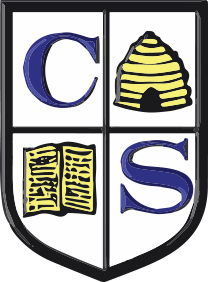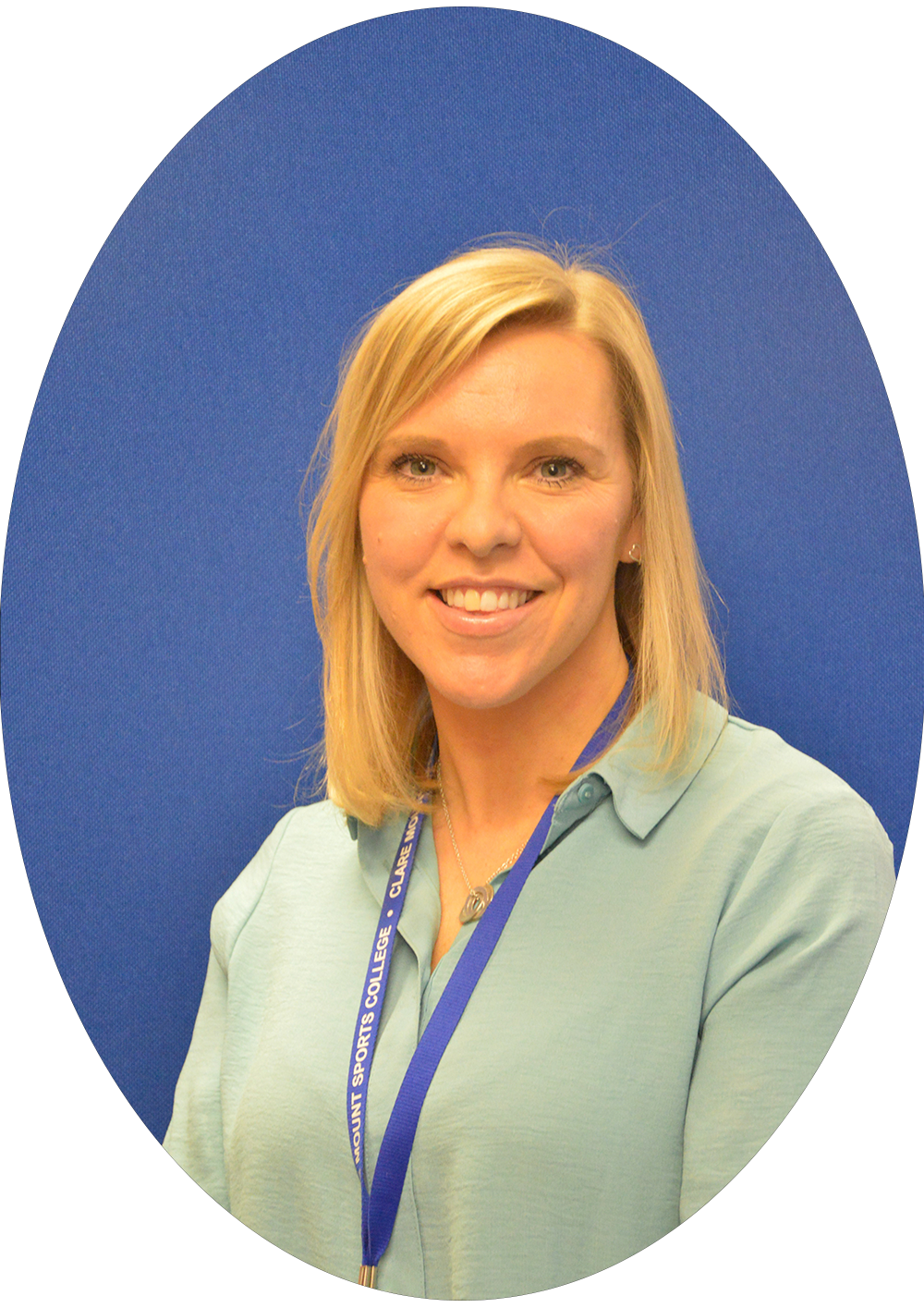Personal, Social, Health & Economic Education
Intent
At Clare Mount Specialist Sports College, all students are entitled to Personal, Social, Health and Economic (PSHE) education. It supports children and young people to develop the knowledge, skills and attributes needed to thrive as individuals and members of society. These skills and attributes help children and young people to stay healthy and prepare them for life and work. PSHE education helps children and young people to achieve their potential and equipped with skills they will need throughout their life.
Mrs H Jones
Teacher of PSHE
![]()
H.jones@claremount.wirral.sch.uk
At Clare Mount Specialist Sports College, all students follow a comprehensive programme of study for Personal, Social, Health and Economic education. This became compulsory in all schools from 2020. We consider PSHE to be one of the most important elements of our curriculum. The DfE states, “All elements of PSHE are important and the government continues to recommend PSHE is taught in schools”. The intent of our Personal Development curriculum is to support our students to become informed confident, healthy, resilient, and empathetic citizens who are fully prepared for life beyond Clare Mount. Our engaging curriculum offers our students a platform to explore, debate and discuss real life topics and develop relevant life skills.
Implementation
Our implementation goes above and beyond the Government guidance in our planning and delivery of several contemporary themes that are of great importance to society and the modern world we live in. We invite outside speakers into school to compliment learning that has taken place in the classroom and provide educational opportunities for all students. Overall, our implementation of PSHE and RHSE promotes well-being, spiritual, moral, cultural, mental and physical development as well as preparing our students for the opportunities, responsibilities and experiences of later life.
Impact
Assessment
Throughout the year learning is established using online checkpoints that cover 3 core themes.
Core theme 1: Health and Wellbeing
Core theme 2: Relationships
Core theme 3: Living in the Wider World
Within those themes students are expected to cover Rights, Responsibilities and British Values. The Celebration of Diversity and Equality in Britain today. How to stay Safe on and Offline. Relationships and Sex Education. Health and Wellbeing and Life Beyond School.
Progression Routes
PSHE allows students to prepare themselves for the complexities of adult life in an age appropriate manner. All school students are expected to have the knowledge and skills to be able to navigate the world for themselves. At Clare Mount this is achieved in a nurturing environment that places the individual at the heart of the curriculum.
Students explore the Statutory content prescribed in a Spiral Curriculum that builds their learning each year and meets their ever maturing needs. The pattern of learning falls into six categories that are delivered during each half-term. They are…
- Autumn Term 1 - Being Me
- Autumn Term 2 - Celebrating Difference
- Spring Term 1 - Dreams and Goals
- Spring Term 2 - Healthy Me
- Summer Term 1 - Relationships
- Summer Term 2 - Changing Me
Student Voice
‘PSHE lessons teach me how to be safe and to look after myself. We talk about how to manage difficult situations now and in the future.'
The Education Act (2002) requires all schools to teach a curriculum that is “broadly based, balanced and meets the needs of pupils’. Schools must promote the spiritual, moral, cultural, mental and physical development of pupils at the school and of society, and prepare pupils at the school for the opportunities, responsibilities and experiences of later life”
The Equality Act (2010) places duties on schools to address prejudice-based bullying and to prevent it from happening, and in doing so keep protected characteristics safe. The focus on identity and equality within PSHE education can help schools to fulfil this duty.
The Children and Social Work Act (2017) states that from September 2020 the majority of PSHE education became compulsory in all schools with the introduction of statutory Relationships Education at Key Stages 1 and 2 (ages 5-11), Relationships and Sex Education (RSE) in Key Stages 3 and 4 (ages 11-16) and Heath Education for Key Stages 1-4. PSHE education was already compulsory in independent schools.
Keeping Children Safe in Education (2024) has strong connections with the PSHE education agenda. This document is statutory guidance and must be taken into account by education providers when carrying out their duties to safeguard and promote the welfare of children and young people.
We believe that for PSHE education to be effective it must:
- Be delivered within a safe learning environment based on the principle that prejudice, discrimination and bullying are harmful and unacceptable.
- Have clear learning objectives and outcomes and ensure sessions and programmes are well planned, resourced and appropriately underpinned by solid research and evidence.
- Be relevant, accurate and factual, including using the correct terminology.
- Be positively inclusive in terms of:
- Age;
- Disability;
- Gender identity;
- Pregnancy and maternity;
- Race;
- Religion or belief
- Sex;
- Sexual orientation
- Be designed to include the development of knowledge, skills and values to support positive life choices.
- Use positive messaging, that does not cause shame or victim blaming and is trauma-informed.
- Challenge attitudes and values within society, such as perceived social norms and those portrayed in the media.
- Be reflective of the age and stage of the children and young people and be tailored to the environment and group.
- Utilise active skill-based learning techniques to encourage active participation.
- Ensure that children and young people are aware of their rights, including their right to access confidential advice and support services within the boundaries of safeguarding.
- Be delivered by trained, confident and competent professionals.
- Empower and involve children and young people as participants, advocates and evaluators in the development of PSHE education.

